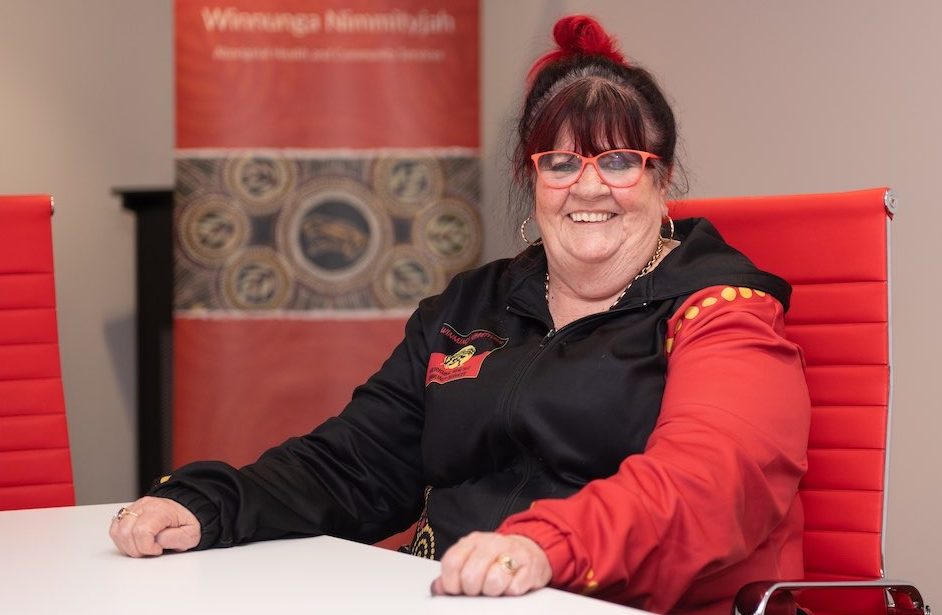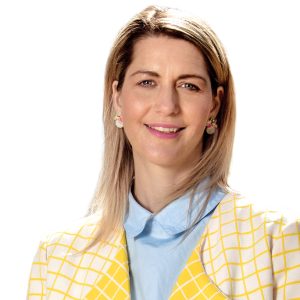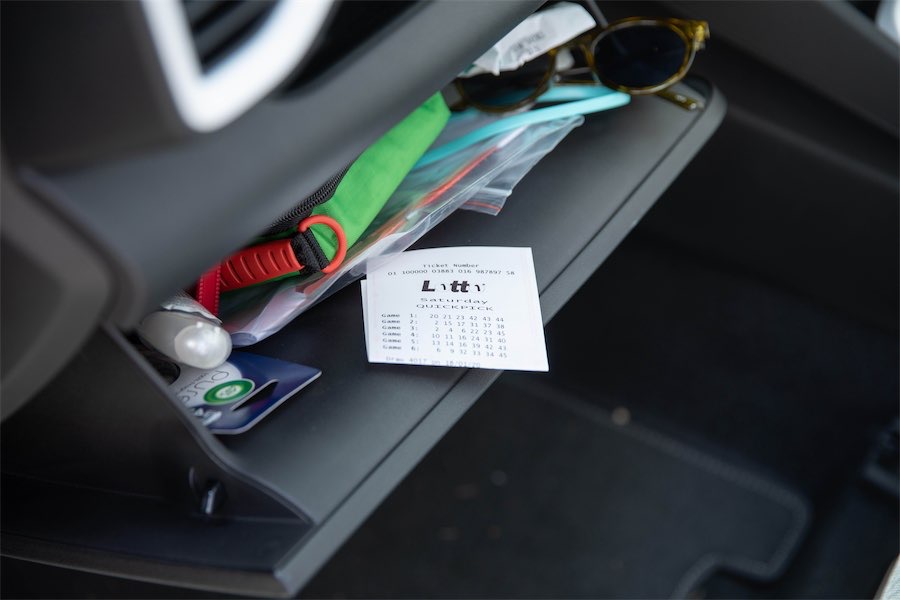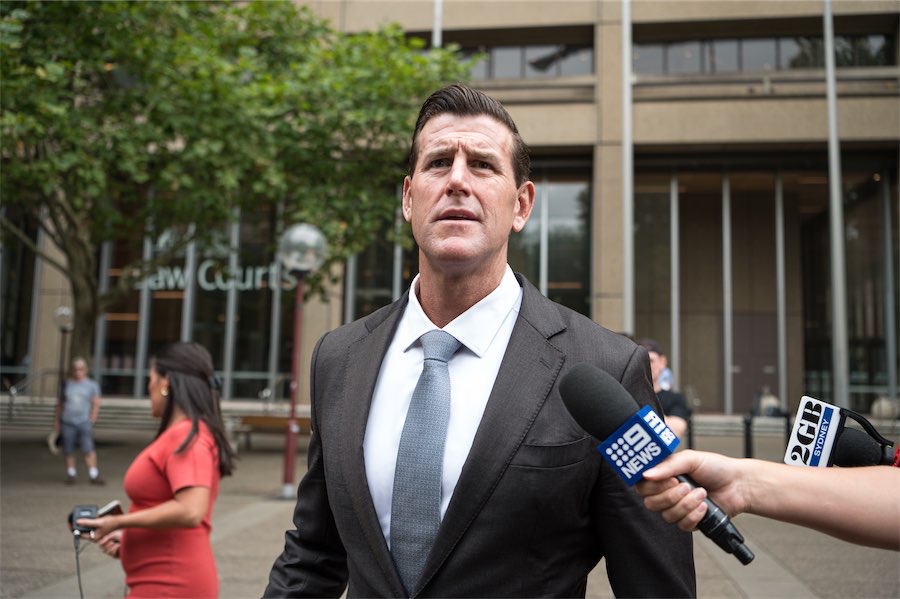
‘As long as I breathe, I will be out there advocating for people who don’t have a voice’, indigenous leader Julie Tongs told BELINDA STRAHORN in this frank and fearless interview.
DEALING with loss has framed Julie Tongs’ life.
The indigenous health leader tragically lost her infant son to cancer 45-years ago.
To cope with the grief, Tongs turned to alcohol to dull the pain.
“I struggled with alcohol when I lost Adam,” says Tongs, 69.
“I’m a sober alcoholic now, but at the time my drinking addiction was really bad.”
Decades later Tongs would face another tragedy, the death of her adult son arising from complications associated with diabetes.
“In 2009 I buried Scott, he died from uncontrolled diabetes,” says Tongs.
“It was really tough. He had three children, and so I raised two of them.”
Tongs, who serves as CEO of Winnunga Nimmityjah Aboriginal Health and Community Services (WNAHCS), says her experience has given her personal insight into the challenges facing indigenous health in the ACT.
“As someone who has suffered grief, loss, addiction and trauma, if I can use my example to help others, then I’m doing something with my life.”
Born in Leeton in 1953 and raised in nearby Whitton with her five siblings, Tongs’ father Keith was a Wiradjuri man, her mother Norma, was white.
At the time, Tongs said there was still a stigma attached to mixed-race marriages in rural NSW.
“Mum’s family had a property near Darlington Point,” Tongs says.
“It didn’t sit that well with mum’s side of the family that dad was black, so it was pretty tough for them,” Tongs said.
Educated initially in the Riverina, Tongs moved to Canberra to pursue nursing, but her studies were interrupted at the age of 19 when she gave birth to her first child. Three more children followed.
After the death of Tongs’ third child Adam, she hit hard times, and her alcohol addiction reached a point that she ended up in detox.
“I ended up in detox in 1984,” Tongs said.
“There was a turning point in my life, and it was either sober up and get a life or kill yourself.”
Tongs set about putting her life back in order.
She took a succession of jobs in the Indigenous Affairs portfolio, one of which was working for the then Indigenous Affairs minister Robert Tickner.
Some years later Tongs re-entered healthcare, and this year she celebrates 25 years working with Winnunga Nimmityjah Aboriginal Health and Community Services.
“I’m not your generic CEO,” said Tongs.
“I’ve had a chequered life, and I’m a little bit left of field.
“But I’ve been there, I understand people’s desperation and why they do things, I get where people are coming from.”
In the past quarter of a century, Tongs said she had witnessed great changes in indigenous health care, however the journey was far from over.
“Over the years there’s been so many reports, and so much research, but no one is following up,” said Tongs.
“We need to start implementing the recommendations that have been around forever.”
Tongs identified the Charles Perkins Freedom Ride of her childhood as her indigenous awakening, promoting her to want to commit to improving the lives of indigenous Australians especially in the area of health.
“Mum and dad’s mum and aunties sat around the radio listening to what was happening and cheering for the Freedom Ride, I remember that,” she said.
A passionate advocate for indigenous rights her entire life, Tongs draws strength from the fact that her father would have been proud of her speaking on behalf of indigenous communities and advocating for them.
“Dad went throughout most of his life without a birth certificate, like a lot of Aboriginal people did,” Tongs said.
“My parents used to tell me to be careful what I say because they were fearful of speaking up.
“That’s what this is about for me, trying to get justice for the past injustices that were done to my people, and my family, so that our great grandchildren will have better lives than ours.”
The recipient of a number of awards for her contribution to indigenous affairs over the years, Tongs has received the ACT Governor-General’s Centenary Medal, the ACT Indigenous Person of the Year and the Medal of the Order of Australia.
Tongs’ passion for improving Indigenous health is undiminished. She has no intention of leaving her post anytime soon.
“I love my job, I love my people and as long as I breathe, I will be out there advocating for people who don’t have a voice,” she said.
Who can be trusted?
In a world of spin and confusion, there’s never been a more important time to support independent journalism in Canberra.
If you trust our work online and want to enforce the power of independent voices, I invite you to make a small contribution.
Every dollar of support is invested back into our journalism to help keep citynews.com.au strong and free.
Thank you,
Ian Meikle, editor









Leave a Reply